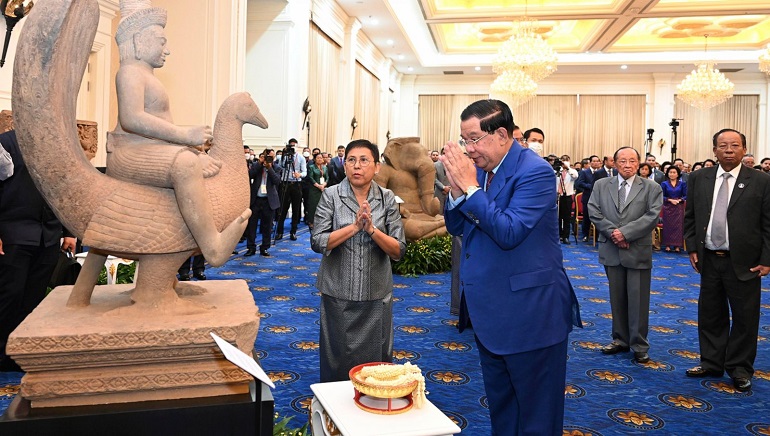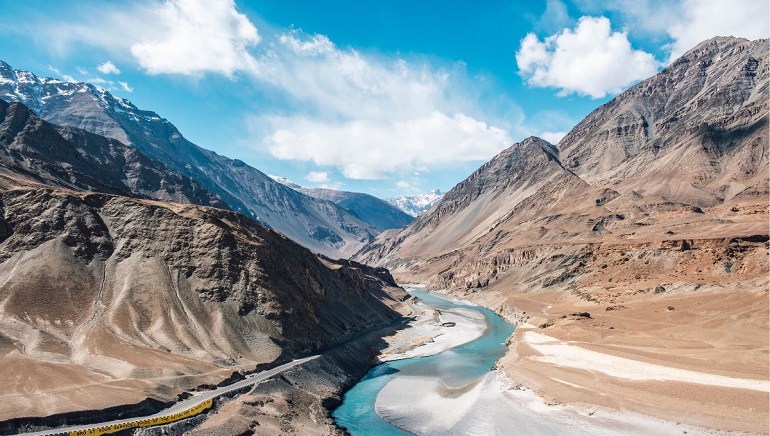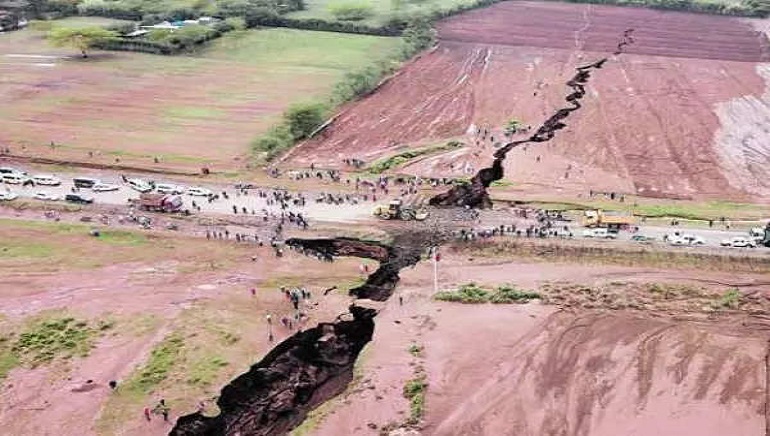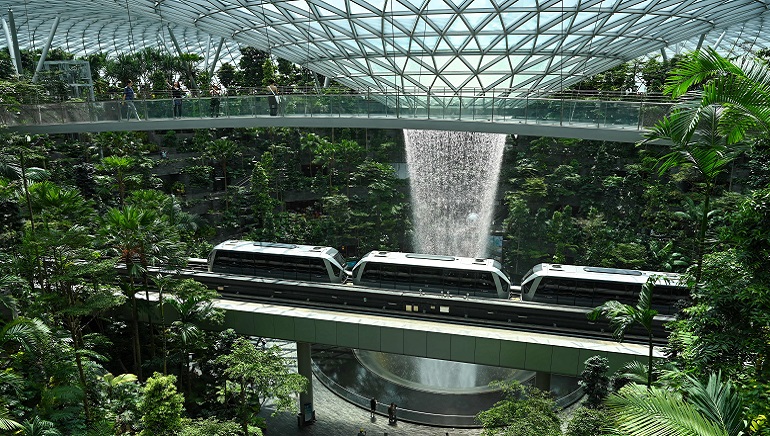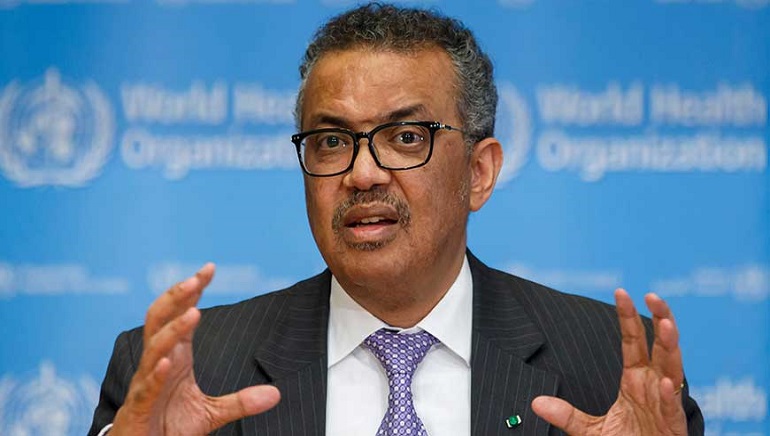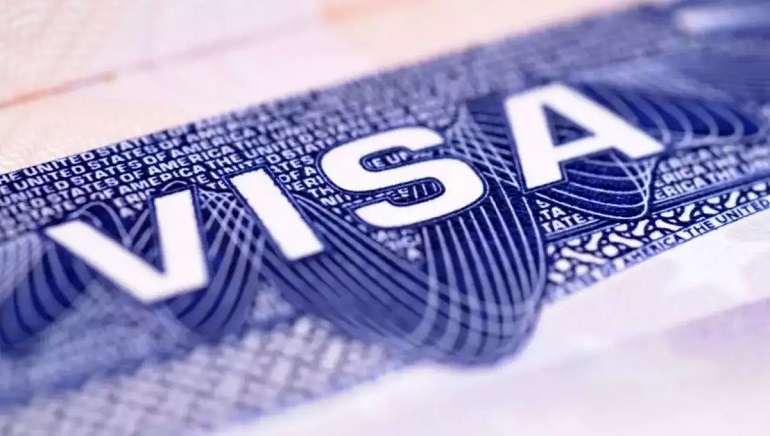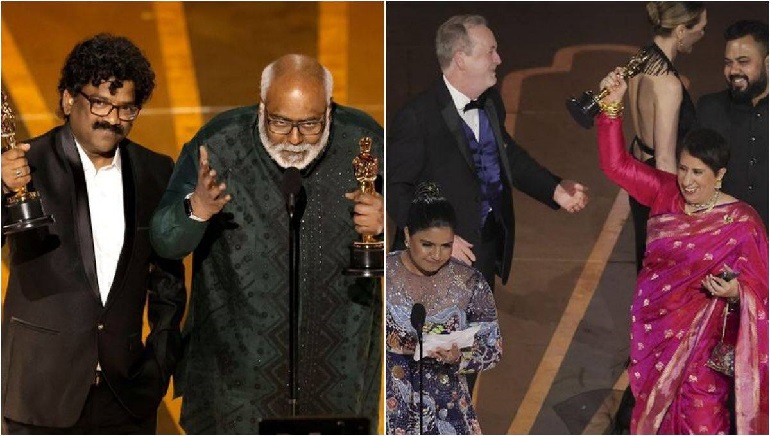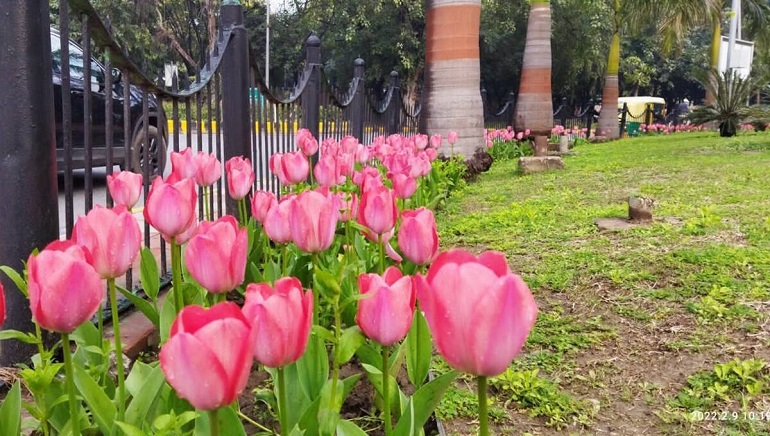For the first time since the pandemic, people in Japan can have picnics under cherry blossom trees. Japan’s cherry blossom season draws huge crowds of residents and tourists. The peak season of the blossom is from late March to early April.
In 2020, the Tokyo government asked people to refrain from eating and drinking alcohol in metropolitan parks due to concerns that this could add to COVID-19 infections. Now, city parks such as Ueno Park and Inokashira Park are open to welcome visitors to enjoy the full floral glory of the sakura (cherry blossom) after four years.
Since March, the COVID-19 situation in the country has calmed, but local governments will continue taking measures to avoid crowding to prevent the spread of the virus. Curbs are still in place at famous cherry blossom spots like Ueno Park’s Sakura-dori street, which has been kept a one-way thoroughfare to avoid crowding during the sakura season.
The cherry blossom season could help boost Japan’s bid to recover from the pandemic. A JTB Corp travel trend forecast says that the country will see a 450 percent year-on-year increase in inbound tourism in 2023. Since October 2022, when the Japanese government eased COVID-19 border control measures, visitor numbers in the country have climbed rapidly and about 21.1 million tourists – 66 percent of 2019 levels – are expected in 2023.






